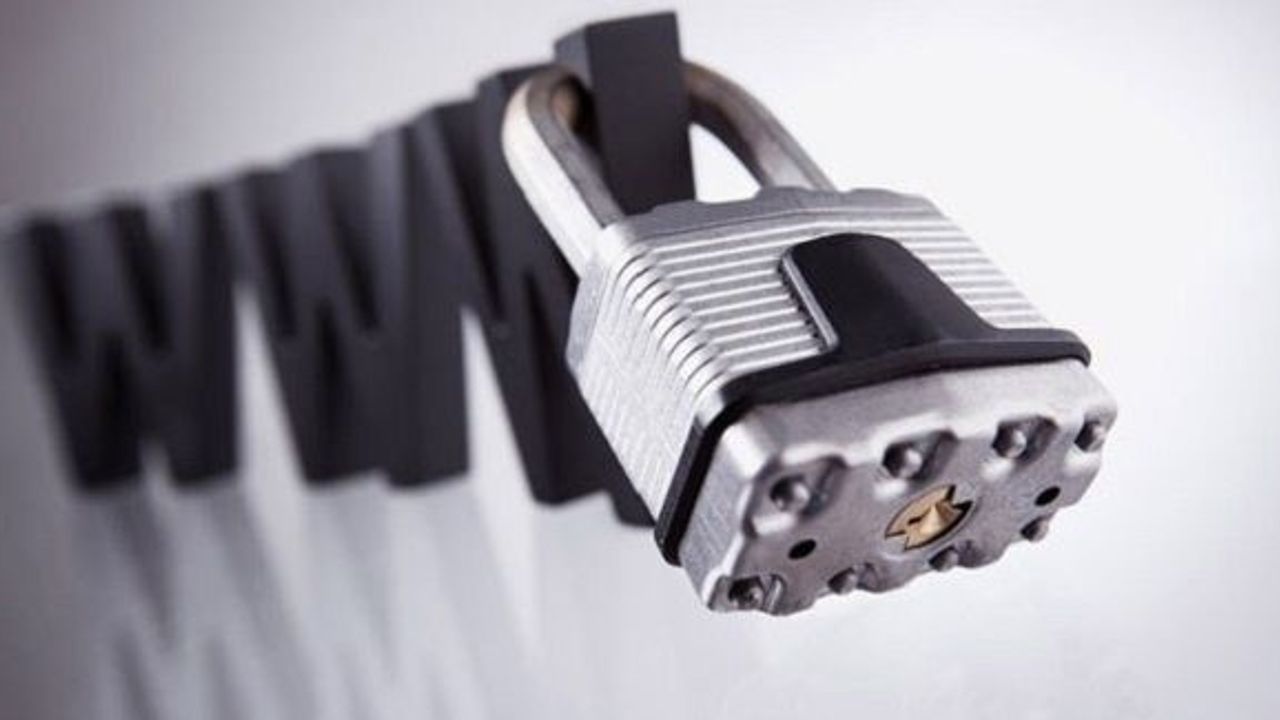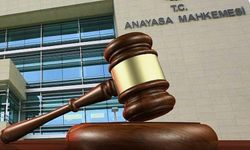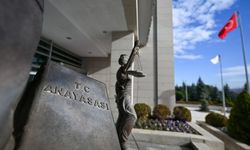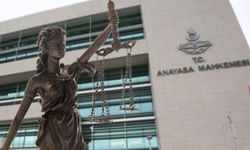Article 9; "Real and legal persons and institutions and organizations claiming that their personal rights have been violated due to the content of the broadcast on the Internet, may request the content provider, if thet can’t reach content provider, request the hosting provider, to be removed from the publication by warning method, or it can also request the takedown of the content and/or the denial of access by applying directly to the criminal judge of the peace "
The content provider is originally authorized to take the content down due to infringement of personal rights. The person who claims that his/her personal rights have been violated can request request the content to be takedown the broadcast by contacting the content provider, or the hosting provider if he/she cannot access it. However, instead of all these, he/she may apply directly to the criminal judge and ask for a decision to denial of access.
In order for this provision to be more understandable, it is necessary to include a few definitions;
Content Provider; "Real or legal persons who produce, change and provide all kinds of information or data offered to users over the internet environment"
Hosting Provider; "Real or legal person providing systems that contain services and content"
Access Provider; "All kinds of real or legal persons who provide their users with access to the internet environment"
Access Providers Association (APA); It is a private law legal entity that all access providers must be members. First of all, the APA is not obliged to block access personally, but to ensure that its members perform these transactions. Access providers who fail to do so face penalties (5651 / art. 9/10). In this respect, notifications made to the APA in accordance with the seventh paragraph of Article 6 / A of the Law will be deemed to have been made to the access provider. Therefore, the responsibility of the APA may arise only if it doesn’t notify the access providers of the court decision sent to it.
Article 9/2: "The requests of people who claim that their personal rights are violated due to the content of the broadcast on the internet are answered by the content and/or hosting provider within twenty four hours at the latest."
In other words, the legislator considered this application as an urgent situation and provided a very short time for the application to be concluded. In this context, the judge may decide to takedown of content and/or denial of access. However, if the content subject to the denial of access is takedown from the broadcast, the decision of the judge automatically becomes invalid. In addition, it is possible to appeal against this decision of the judge accordance with the provisions of the CMK.
Article 9/3: "The judge makes the decisions to denial of access within the scope of this article, basically, by blocking access to the content in relation to the publication, part, section where the violation of the personal right occurred (such as URL, etc.). It cannot be decided to block access to the entire publication on the website unless it is necessary.
For the judge to exceptionally block access to the entire page:
1) it should be mandatory
2) the violation must not be resolved by partial blocking and
3) explain the reason for the formation of the first two conditions.
-Differences Between "Takedown Of Content" and "Denial of Access"-
”Takedown of Content" means the deletion of a web page from a web server, which has consequences not only for Turkey, for the entire world; content that has been takedown cannot be accessed from other countries. Also, removed content cannot be accessed by changing the VPN settings. Because there is no such content on the web anymore, it is not seen on the results pages of search engines.
In contrast, “Denial of Access” means provision only for Turkey; the Web page whose access is blocked cannot be accessed only from Turkey; that web page can be accessed from other countries. Also, blocked content can be accessed by changing the VPN settings. In addition, the information in the content of the web page that is blocked may appear on the results pages of search engines. Because the content has not been removed from the web only access to this content from Turkey is denialed.
In this regard, there are the experiences of Mr. Kemal Gözler himself and his conclusions from these experiences. To summarize; In 2015, a decision to takedown of access was made by the decision of judge about a few web pages owned by Mr. Gözler. In 2019, an e-mail was sent by the Access Providers Association and reminded that the decision made by the judge would be null and void if the content that was blocked access was takedown by Mr. Gözler. Mr. Gözler's legal inference for this incident are as follows:
“…If web pages whose access is blocked by judge's decision are removed by content providers, there will be a significant reduction in the total number of access blocking decisions made by judges in Turkey, as the relevant judge's decisions will become invalid on their own. Such a reduction will probably strengthen the hand of the Justice Ministry before the European Union, the Council of Europe and the European Court of Human Rights. Because in said circles, it is known that the Republic of Turkey has been criticized due to the high number of decisions on blocking access in Turkey…”
Mr. Gözler also has the following ideas about the damages that the content provider's takedown of the blocked page may cause to the content provider;
“…The content provider may lose the right to file an individual application with the Turkish Constitutional Court or the European Court of Human Rights about the decision to denial of access. Because, there is no longer any violation arising from a "public power transaction”. In such a case, the access provider has voluntarily takedown its web page…”
Put in a nutshell; ”Takedown of Content" is the deletion of a web page from a web server; “Denial of Access” is web page whose access is blocked cannot be accessed only from Turkey. Therefore, if any decisions to denial of access, people who will concerned about the unlawfulness of the decision and apply for judicial remedies in this direction may be advised not to takedown the content they shared - even if there is a decision to denial of access-; otherwise their application to judicial remedies will be rejected due to the groundlessness of the application.
Stj. Av. Zehra Rumeysa Çolak












